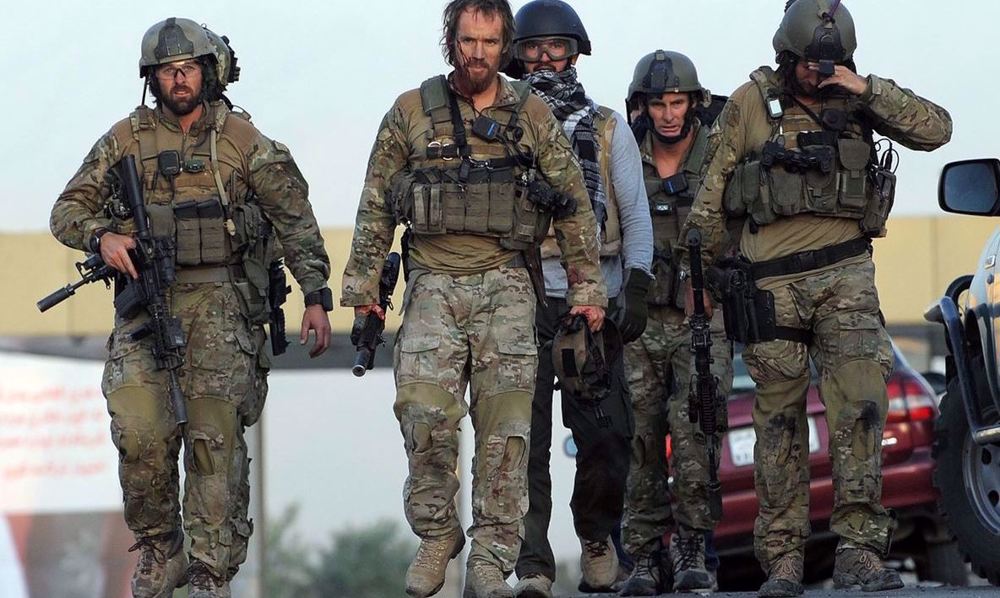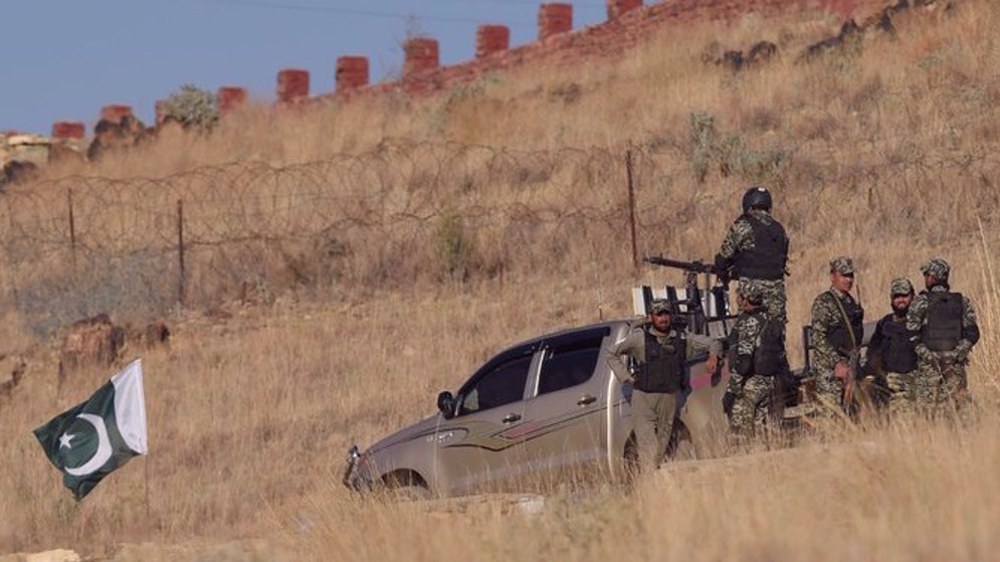Afghanistan has no plans to revive talks with Taliban: Ghani's spokesman
The Afghan government says it has no plans to revive a peace process aimed at bringing the Taliban militant group to the negotiating table.
Haroon Chakhansuri, the spokesman for Afghan President Ashraf Ghani, said on Thursday that a four-nation group, -- made up of Afghanistan, Pakistan, China, and the United States -- has no plans to meet again after previous rounds of talks yielded no results.
"There is no set time for another meeting of the group,” the official noted.
The four-country group was formed in January to help bring the Talban into dialogue with Kabul. The group has met five times since January, in Kabul and Islamabad. The meetings did not include the Taliban, which refused to join peace talks.
Afghan President Ashraf Ghani has repeatedly accused Islamabad of harboring Taliban leaders, an accusation that Islamabad denies.

Afghanistan continues to suffer from "terrorist groups that operate from and have a support base in Pakistan," Chakhansuri said.
On Thursday, Pakistan's Foreign Ministry spokesman Nafees Zakaria confirmed that no new meetings of the four-country group are planned, but he insisted that "Pakistan will support any effort aimed at bringing peace to Afghanistan."
Pakistan mediated the first round of direct peace talks between delegates from the Afghan government and the Taliban last summer, but a planned second meeting was canceled after news broke that Taliban’s founder and long-time leader Mullah Omar had died two years ago.
Meanwhile, Javid Faizal, a spokesman for Afghan Chief Executive Abdullah Abdullah, has accused Pakistan of failing to keep promises made at earlier meetings, including ending support to the Taliban. The militants group's leaders are widely believed to be based in Pakistani cities near the border, including Quetta.
There have also been growing differences among Taliban elements over the negotiations, with some vowing to fight for power instead of taking part in the talks.

In late May, the Afghan Taliban’s newly-appointed leader, Haibatullah Akhundzada, pledged in an audio recording that the militant group will not enter into any peace talks with the government in Kabul.
“No, no we will not come to any type of peace talks,” the man, identified as Akhundzada, said in the recording provided by the Taliban’s militant group on May 25, adding, “Taliban will never bow their heads and will not agree to peace talks.”
“People thought we will lay down our arms after Mullah Mansour’s death, but we will continue fighting till the end,” he added.
Afghanistan is gripped by insecurity 15 years after the United States and its allies attacked the country as part of Washington’s so-called war on terror. The war removed the Taliban from power but insecurity is still rampant in the country despite the presence of thousands of foreign troops.
Araghchi: Iran-Russia strategic deal step toward ‘more just world’
UNRWA unraveled amid Israel's allegations, reduced intl. support
Palestinian journalist, a Sobh Media Festival awardee, killed in Gaza hours before truce
Jan. 15: ‘Axis of Resistance’ operations against Israeli occupation
VIDEO | Fears, hope in Gaza amid intensified ceasefire efforts
VIDEO | Press TV's news headlines
Hamas: Ceasefire agreement result of steadfastness, resistance in Gaza over 15 months
Hamas thanks Iran, Resistance Front following achievement of ceasefire in Gaza














 This makes it easy to access the Press TV website
This makes it easy to access the Press TV website